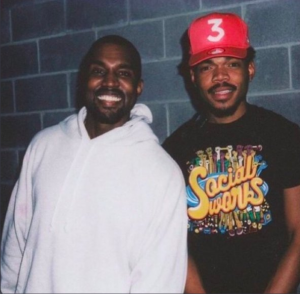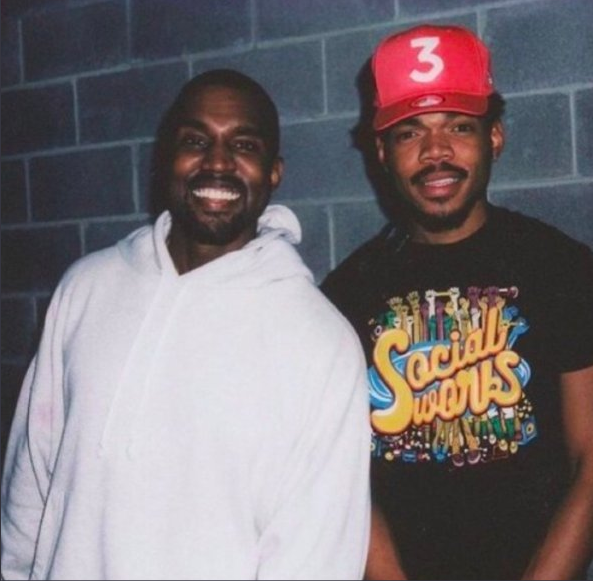By Taylor Shaw

When I tell most people that I am into poetry, they tend to roll their eyes. Or worse, they fake enthusiasm, exclaim that they, too, love slam poetry and send me a link to Jonah Hill’s work of literary art from 22 Jump Street. It is easy to dismiss poetry, either because you associate poetry with angsty, woe-is-me Emily Dickinson stereotypes, or because the epics of The Odyssey sent you sailing through seas of sleep in high school. If you have read one poem, you’ve read them all, right?
Now, I’m not going to tell you that one poem is going to change your life—although it might—but I will say that spoken word poetry often gets a bad rap because it’s generalized with written poetry. Look at it this way: if you thought every book on earth read as smoothly as “Ulysses” by James Joyce, you might not want to hang around in the library all the time; if you thought every article read like those from a scholarly journal, you would never get lost clicking through Buzzfeed. Spoken word is its own form of art. It is worlds away from Whitman, and it’s worth listening to.
In 2004, rapper Kanye West was featured on the show “Def Poetry Jam” a TV show on HBO that spotlighted spoken word poets, where he performed his piece, “Self-Conscious.” If you listen to the video on YouTube, you will recognize the piece; the lyrics become a staple in his single “All Falls Down.” Chances are, you have been listening to spoken word poetry more often than you realized it.
Kanye later reappears on the show in the second episode of the fourth season, where he performs a short quip called “18 years.” You guessed it: these were his “Gold Digger” days. Finally, he appears on the seventh episode of the fifth season where he performs “Bittersweet.” He specifically calls his work poetry on the show; it is in the way he performs and delivers the work. Even his—if satirical—piece, “I Love Kanye,” on his most recent album is delivered like spoken word.
If Kanye is not your cup of poetic tea, take a look at Chance the Rapper. His most current viral video, “First World Problems,” is performed in the style of many spoken word poets, with soft chords in the background. “Blessings Part II” on his Coloring Book album is reminiscent of something one might find on Button Poetry’s YouTube page. In his “Tiny Desk Concert” with NPR, Chance performed an original poem, “The Other Side” with spoken word precision. He captures the lightheartedness of poetry; he blends humor with nostalgia and incorporates music to top it off.
If you find the clever, fluid wordplay of these artists alluring, spoken word has already piqued your interest; you may have an entire genre of art to explore. Next time you are looking for a procrastination method, Button Poetry’s YouTube channel is a worthwhile black hole to slip into. There are so many poets who—though many have discovered them—deserve far more recognition. These poets cover a variety of topics, from Neil Hilborn’s “OCD” to Emi Mahmoud’s “How to Translate a Joke,” all while creating new perspectives, advocating for activist arguments in creative ways or simply entertaining with wit.
Some of my personal favorites are Sarah Kay, Andrea Gibson, Olivia Gatwood, Anis Mojgani, Hanif Abdurraqib and Rudy Francisco. Each maintains his or her own storytelling style and incorporates those literary devices you learned in high school flawlessly, not unlike these famous rappers you know so well.







































































































































































































K • Oct 7, 2017 at 12:23 am
Well said! It’s so true how often the music we listen to could easily be transferred into slam poetry.